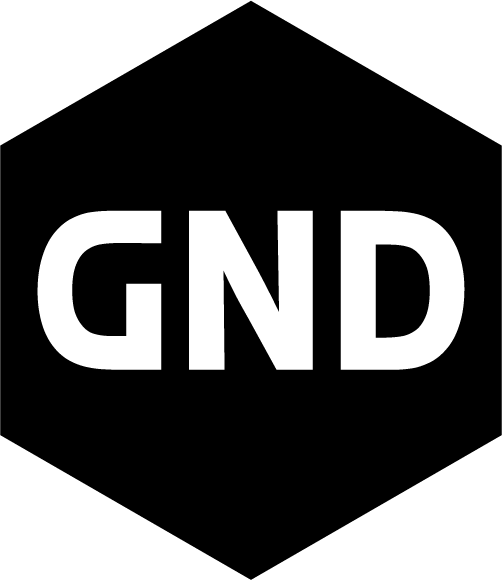| Titel: |
| Challenges and prospects of spatial machine learning |
|
| Beteiligte Personen: |
| Julian Christian Hagenauer[VerfasserIn] |
 |
1036794342 |
| Philip Marzahn[AkademischeR BetreuerIn] |
|
Universität Rostock, Agrar- und Umweltwissenschaftliche Fakultät |
| Nguyen Xuan Thinh[AkademischeR BetreuerIn] |
 |
102434987X |
|
Technische Universität Dortmund, Fakultät Raumplanung |
| Johannes Scholz[AkademischeR BetreuerIn] |
|
Technische Universität Graz, Geodätisches Institut |
|
| Beteiligte Körperschaften: |
| Universität Rostock[Grad-verleihende Institution] |
 |
38329-6 |
| Universität Rostock, Agrar- und Umweltwissenschaftliche Fakultät[Grad-verleihende Institution] |
 |
10025954-6 |
|
| |
| Zusammenfassung: |
|
The main objective of this thesis is to improve the usefulness of spatial machine
learning for the spatial sciences and to allow its unused potential to be exploited.
To achieve this objective, this thesis addresses several important but distinct challenges
which spatial machine learning is facing. These are the modeling of spatial autocorrelation
and spatial heterogeneity, the selection of an appropriate model for a given spatial
problem, and the understanding of complex spatial machine learning models.
[Englisch] |
|
Das wesentliche Ziel dieser Arbeit ist es, die Nützlichkeit des räumlichen maschinellen
Lernens für die Raumwissenschaften zu verbessern und es zu ermöglichen, ungenutztes
Potenzial auszuschöpfen. Um dieses Ziel zu erreichen, befasst sich diese Arbeit mit
mehreren wichtigen Herausforderungen, denen das räumliche maschinelle Lernen gegenübersteht.
Diese sind die Modellierung von räumlicher Autokorrelation und räumlicher Heterogenität,
die Auswahl eines geeigneten Modells für ein gegebenes räumliches Problem und das
Verständnis komplexer räumlicher maschineller Lernmodelle.
[Deutsch] |
|
| Dokumenttyp: |
|
| Einrichtung: |
| Fakultät für Agrar, Bau und Umwelt |
|
| Sprache: |
|
| Sachgruppe der DNB: |
| 004 Informatik |
| 550 Geowissenschaften |
|
| |
Veröffentlichung /
Entstehung: |
Rostock
|
Rostock: Universität Rostock
|
|
2022
|
|
| Verantwortlichkeitsangabe: |
| vorgelegt von Julian Christian Hagenauer |
|
| Anmerkungen: |
| Enthält Zeitschriftenartikel |
|
| |
| Identifikatoren: |
|
| |
| Zugang: |
|
frei zugänglich (Open Access)
|
|
| Lizenz/Rechtehinweis: |
alle Rechte vorbehalten
Das Werk darf ausschließlich nach den vom deutschen Urheberrechtsgesetz festgelegten Bedingungen genutzt werden. |
|
|
| RosDok-ID: |
rosdok_disshab_0000002938 |
| erstellt / geändert am: |
14.03.2023 / 08.08.2023
|
| Metadaten-Lizenz: |
Die Metadaten zu diesem Dokument sind gemeinfrei
(CC0 1.0 Universal Public Domain Dedication). |
 Zugang
Zugang

 alle Rechte vorbehalten
alle Rechte vorbehalten